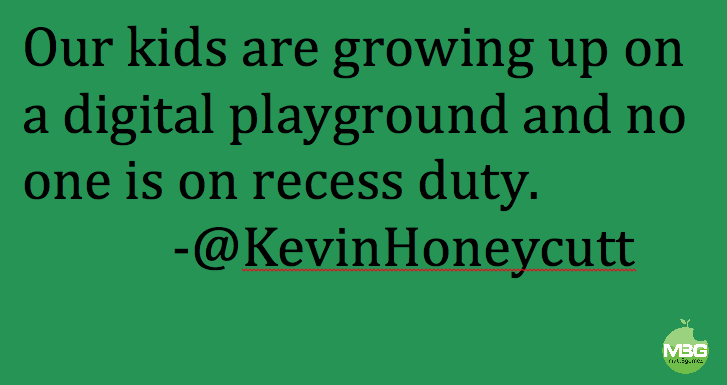Having a French pen pal was one of my favorite memories as a student in the classroom. The thought of having someone to converse with all the way over in France just seemed so cool to me at the time. I was so engaged in the process of being able to connect with another student and ask questions back and forth. While having pen pals fosters communication both locally and globally, many other classrooms are taking it a step forward by incorporating technology. Using technology to enhance the communication in the classroom allows for immediate access to the world around us. Why is this such an important aspect of the 21st century classroom? Well, enhancing global communication in the classroom prepares today’s student to meet the demands of a competitive, global workforce.
The internet today provides an amplitude of resources for educators to enhance global communication in the classroom. Take for instance Twitter. Twitter allows for immediate global connection with individuals around the world. Teachers and students can easily find people to connect with to enhance content in the classroom and collaboration.
Skype is another tool that allows classrooms to hold video chats. These chats can be with others around the world or perhaps even an interview with a scientist or historian. Ronan (2015) suggests combining both Twitter and Skype to take part in #mysteryskype which connects classrooms from different countries with one another. Their objective is to figure out where the other is located via Skype after connecting through Twitter.
Google also offers many tools to enhance communication. Google Hangouts is free and allows teachers and classrooms to connect worldwide. Together students can collaborate on projects, hold video conferences and chat one-on-one. The Google Hangouts Guide for Teachers demonstrates how teachers can get started and offers many ideas on how to use it to enhance global communication in the classroom.
Video streaming providers like Youtube and Ustream allow for educators to connect their classrooms with live happenings around the world. From watching baby chicks hatch to seeing NASA’s latest announcement on space exploration, students are instantly connected with the world around them. Students can even upload their own presentations or hold live demonstrations for others to watch around the world. Again, sign-up for both services is free and easy to do.
Another valuable resource which I have recently discovered for enhancing global communication is World View: Technology Tools to Enhance Global Education. This site breaks tools and resources into three categories for easy integration into the classroom: content, context, and contact.
Reference:
Ronan, A. (28 January 2015). 5 tech tool combos for taking your classroom global. Edudemic. Retrieved from http://www.edudemic.com/5-tool-combinations-for-globalizing-class/

